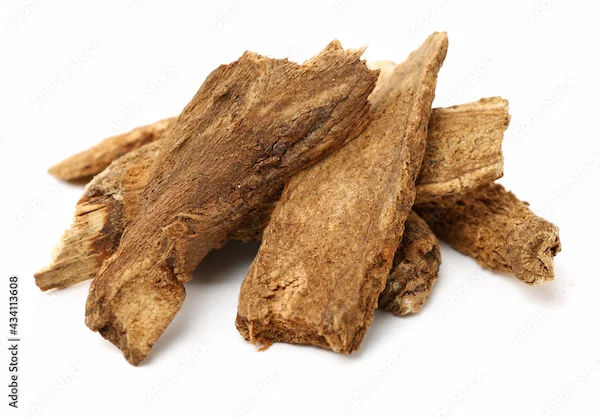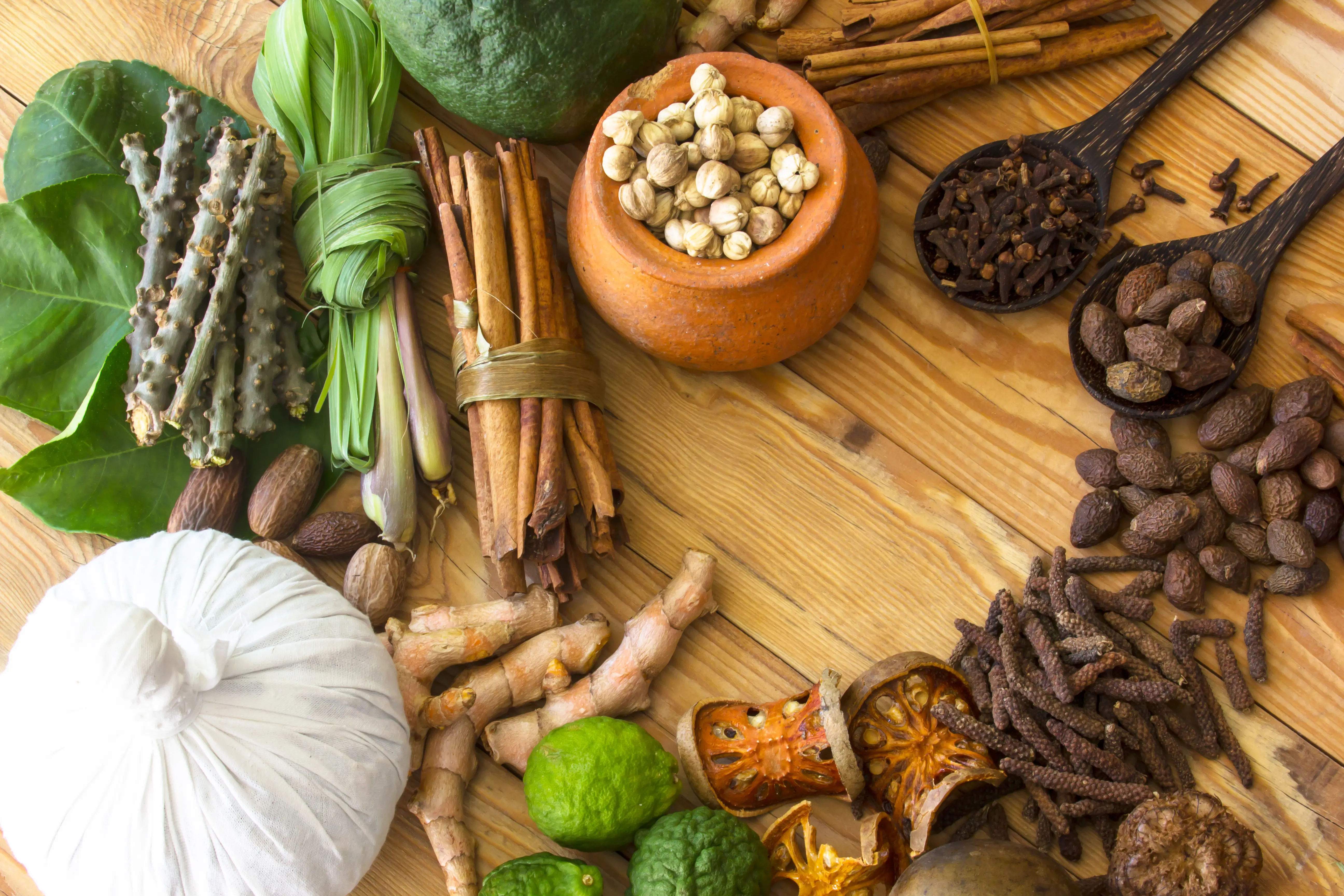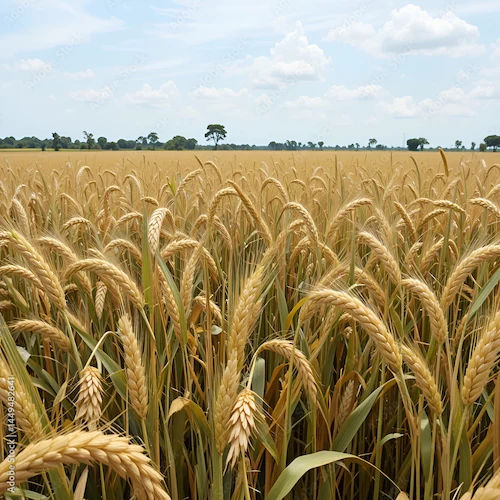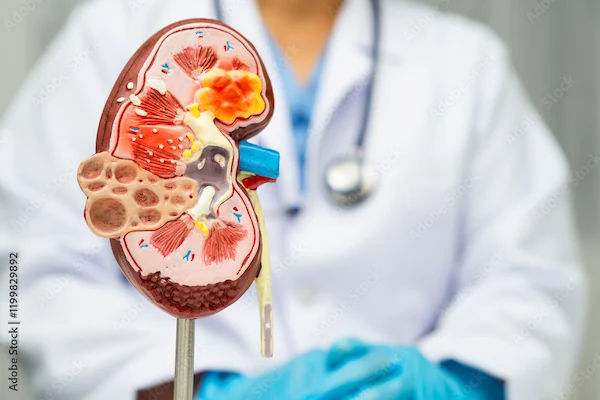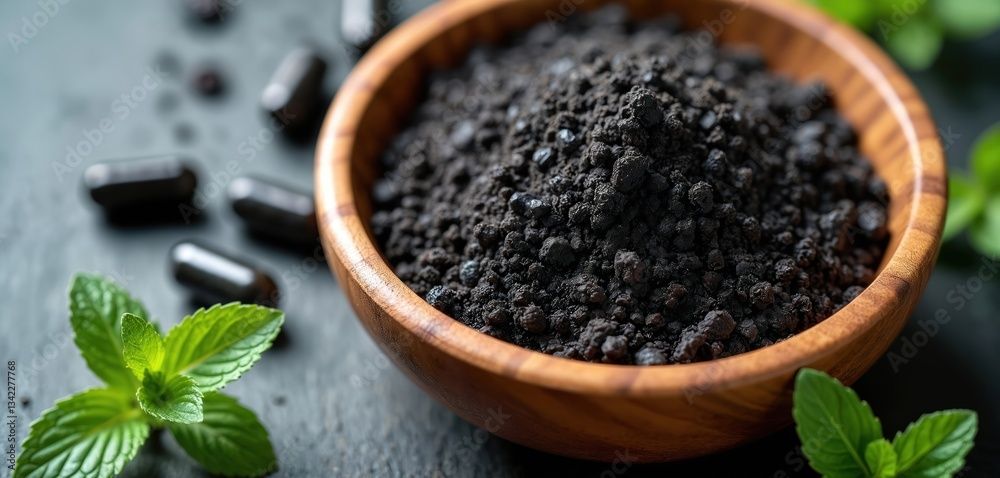Foods for Strong Bones and Joints in Women
Discover the best foods to support strong bones and healthy joints in women. Learn about key nutrients like calcium, vitamin D, and omega-3s, plus lifestyle tips to prevent osteoporosis and joint pain.


Introduction
As women age, maintaining strong bones and healthy joints becomes increasingly important. Hormonal changes, especially after menopause, can lead to bone loss, increasing the risk of osteoporosis and joint pain. The good news is that a well-balanced diet rich in bone-strengthening nutrients can help keep your skeletal system strong and flexible.
In this article, we’ll explore the best foods for bone and joint health, along with simple dietary and lifestyle tips to keep you active and pain-free.
Why Bone and Joint Health Matters for Women
Women are more prone to bone-related issues like osteoporosis and arthritis due to:
Lower bone density compared to men.
Hormonal changes (especially during menopause) that reduce calcium absorption.
Sedentary lifestyles that weaken bones and joints over time.
A nutrient-rich diet can help prevent fractures, reduce joint pain, and improve mobility.
Essential Nutrients for Bone and Joint Health
To keep your bones and joints strong, focus on these key nutrients:
1. Calcium
Why it’s important: The primary building block of bones.
Best sources: Dairy (milk, yoghurt, cheese), leafy greens (spinach, kale), almonds, and fortified foods (tofu, cereals).
2. Vitamin D
Why it’s important: Helps the body absorb calcium.
Best sources: Sunlight (15-20 minutes daily), fatty fish (salmon, mackerel), egg yolks, and fortified milk.
3. Magnesium
Why it’s important: Supports bone structure and muscle function.
Best sources: Nuts (almonds, cashews), seeds (pumpkin, chia), whole grains, and dark chocolate.
4. Omega-3 Fatty Acids
Why it’s important: Reduces joint inflammation and stiffness.
Best sources: Fatty fish (salmon, sardines), flaxseeds, walnuts, and chia seeds.
5. Vitamin K
Why it’s important: Helps bind calcium to bones.
Best sources: Leafy greens (kale, spinach), broccoli, and Brussels sprouts.
6. Protein
Why it’s important: Maintains muscle strength, which supports joints.
Best sources: Lean meats, eggs, beans, lentils, and dairy.
7. Collagen
Why it’s important: Supports joint cartilage and flexibility.
Best sources: Bone broth, chicken skin, fish, and collagen supplements.
Consult Top Specialists for Personalised Tips
Top 10 Bone and Joint-Friendly Foods for Women
Here are some of the best foods to include in your diet:
1. Dairy Products – Milk, yoghurt, and cheese provide calcium and vitamin D.
2. Leafy Greens – Spinach, kale, and collard greens offer calcium, magnesium, and vitamin K.
3. Fatty Fish – Salmon and sardines are rich in omega-3s and vitamin D.
4. Nuts & Seeds – Almonds, walnuts, and chia seeds provide magnesium and healthy fats.
5. Eggs – Contain vitamin D and protein for muscle and bone strength.
6. Beans & Lentils – High in protein and magnesium.
7. Fortified Foods – Tofu, cereals, and plant-based milk often have added calcium and vitamin D.
8. Berries – Blueberries and strawberries reduce inflammation with antioxidants.
9. Bone Broth – Contains collagen to support joint health.
10. Whole Grains – Brown rice, quinoa, and oats provide magnesium and fibre.
Lifestyle Tips for Strong Bones and Joints
Along with a nutritious diet, these habits can help:
Exercise Regularly – Weight-bearing exercises (walking, yoga, strength training) strengthen bones.
Maintain a Healthy Weight – Excess weight puts stress on joints.
Limit Caffeine & Alcohol – Too much can weaken bones over time.
Quit Smoking – Smoking reduces bone density.
Stay Hydrated – Water keeps joints lubricated.
When to Seek Medical Advice
If you experience:
Persistent joint pain or stiffness
Frequent fractures or bone loss
Difficulty moving or swelling in joints
Consult a doctor for a bone density test or joint evaluation.
Need expert advice?
You can book a consultation with an orthopaedic specialist or nutritionist on Apollo 24|7 for personalised guidance.
Conclusion
A balanced diet rich in calcium, vitamin D, omega-3s, and other bone-supporting nutrients can help women maintain strong bones and flexible joints. Pairing good nutrition with regular exercise and healthy habits ensures long-term mobility and reduces the risk of osteoporosis and arthritis.
Consult Top Specialists
Consult Top Specialists for Personalised Tips

Dr. Anil Pradeep Jadhav
Orthopaedician
23 Years • MBBS MS (Ortho)
Nashik
Apollo Hospitals Nashik, Nashik
(25+ Patients)
Dr. Anil Sharma
Orthopaedician
42 Years • MBBS, MS Orthopedics
New Delhi
AAKASH MEDSQUARE, New Delhi

Dr. Manoj Dinkar
Orthopaedician
15 Years • MBBS, Dip (Orthopaedics)
New Delhi
THE DOCTORS NESST, New Delhi

Dr. Mriganka Ghosh
Orthopaedician
11 Years • MD (Physician), DNB (Orthopaedics)
Howrah
Dr Mriganka Mouli Ghosh, Howrah

Dr. Pradeep Lucas
Orthopaedician
7 Years • MBBS, Diploma in Orthopaedics, Fellowship in DFSI
Bengaluru
Revival Multispeciality Clinic, Bengaluru
Consult Top Specialists

Dr. Anil Pradeep Jadhav
Orthopaedician
23 Years • MBBS MS (Ortho)
Nashik
Apollo Hospitals Nashik, Nashik
(25+ Patients)
Dr. Anil Sharma
Orthopaedician
42 Years • MBBS, MS Orthopedics
New Delhi
AAKASH MEDSQUARE, New Delhi

Dr. Manoj Dinkar
Orthopaedician
15 Years • MBBS, Dip (Orthopaedics)
New Delhi
THE DOCTORS NESST, New Delhi

Dr. Mriganka Ghosh
Orthopaedician
11 Years • MD (Physician), DNB (Orthopaedics)
Howrah
Dr Mriganka Mouli Ghosh, Howrah

Dr. Pradeep Lucas
Orthopaedician
7 Years • MBBS, Diploma in Orthopaedics, Fellowship in DFSI
Bengaluru
Revival Multispeciality Clinic, Bengaluru
